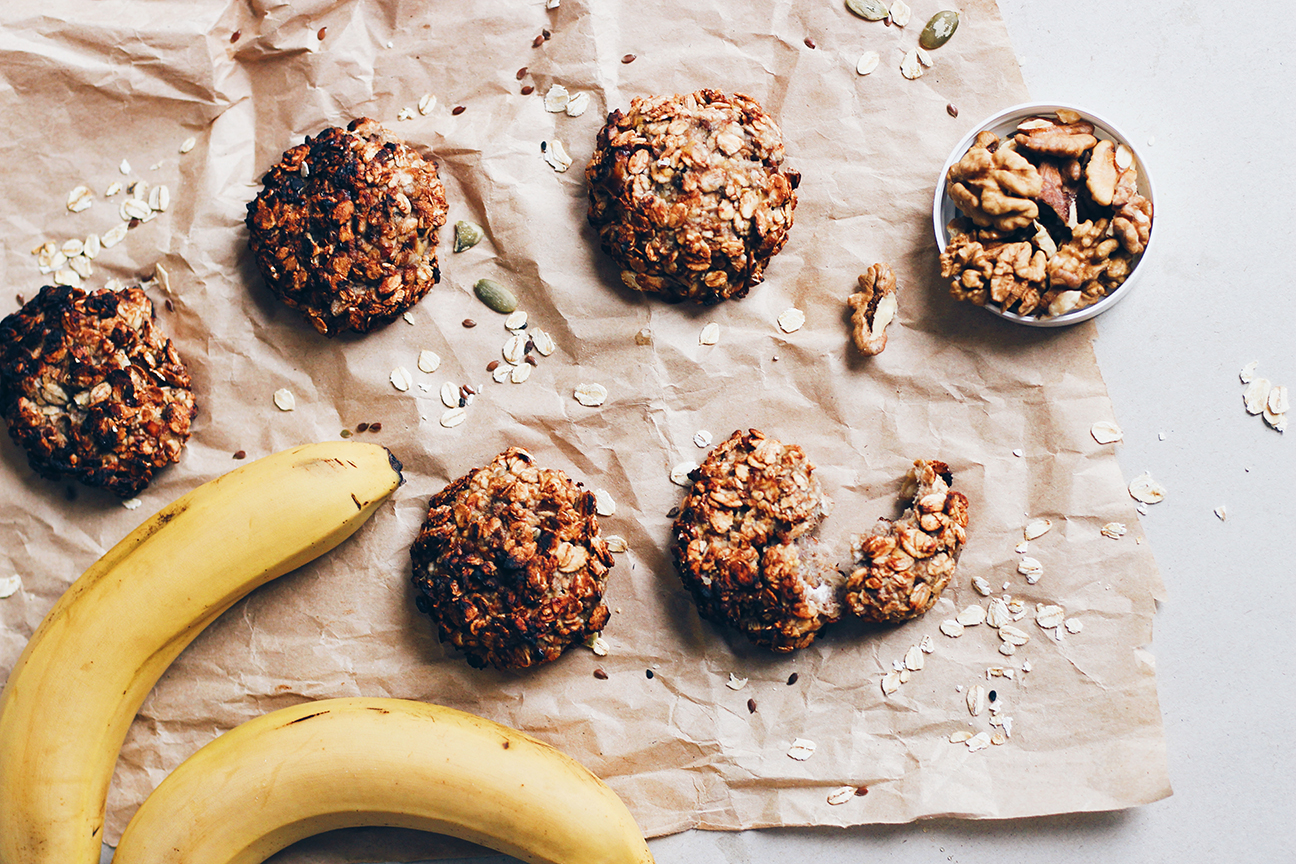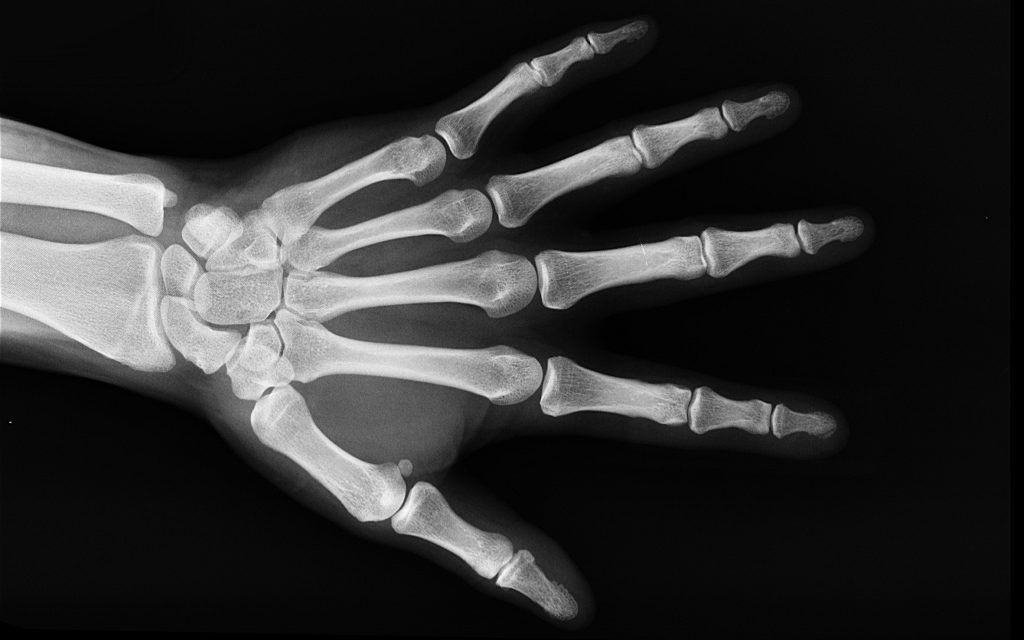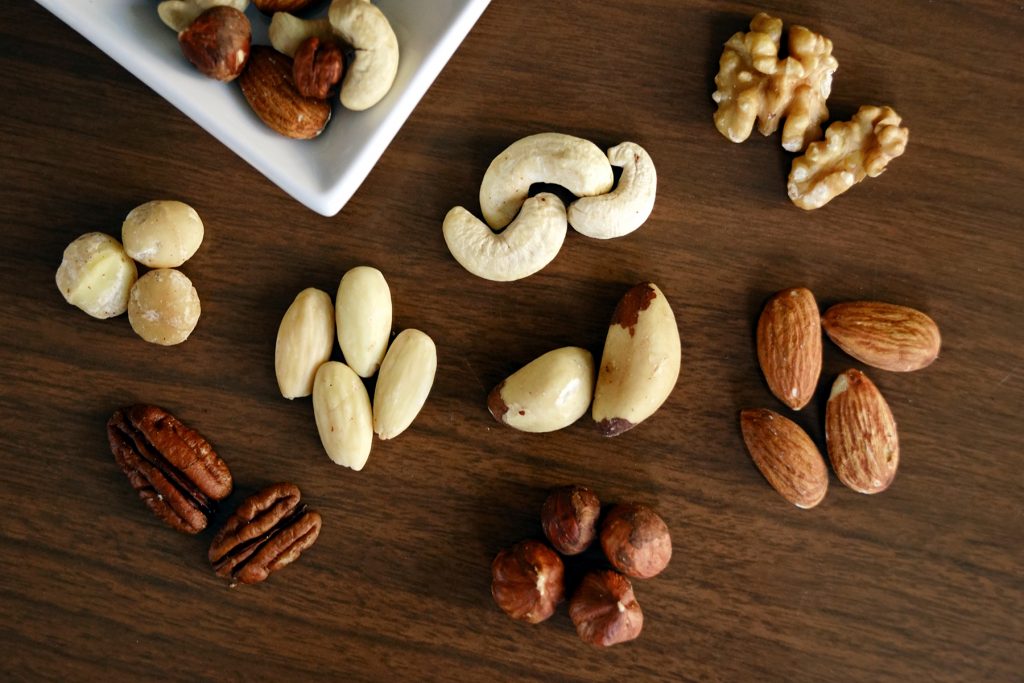Part I – The Kidneys
Diabetes is a complex condition that affects many parts of a person’s body long term, not just our immediate blood sugar reading. One key concern is the effects on our kidneys. The role of the kidneys is to filter the body’s circulating blood to remove wastes. Kidney failure (end-stage of kidney disease) is three times more common in people with diabetes. This is because recurrent high blood sugar levels can damage the blood vessels in the kidneys so they don’t work as well. Many people with diabetes also develop high blood pressure, which can also damage your kidneys. Kidney failure requires a person to have dialysis or a kidney transplant to stay alive. Dialysis is very time intensive and has significant impacts on a person’s quality of life.
Nutrition and exercise are the best low-cost defences against diabetes related kidney disease. Good nutrition can help to control blood sugar levels and reduce blood pressure.
Here are some key principles to help people prevent or manage kidney disease:
Stabilise blood sugars. This can be achieved by:
– Reducing your overall carbohydrate portions
– Spreading your carbohydrate foods evenly over the day
– Choosing good quality carbs (think wholegrains or high fibre varieties)
Reduce your salt intake. Too much salt can increase your blood pressure, putting extra strain on your blood vessels and kidneys. Try:
– Cutting down on processed or convenience foods
– Reading food labels for salt content
– Boosting flavours with herbs and spices instead of table salt

How to take action
If you, or someone you know has diabetes or kidney disease, speaking to your local Accredited Practicing Dietitian about other nutritional considerations that require more specific advice including your intake of potassium, phosphate and protein can also be helpful.







About The Author: Fluid Physio
More posts by Fluid Physio